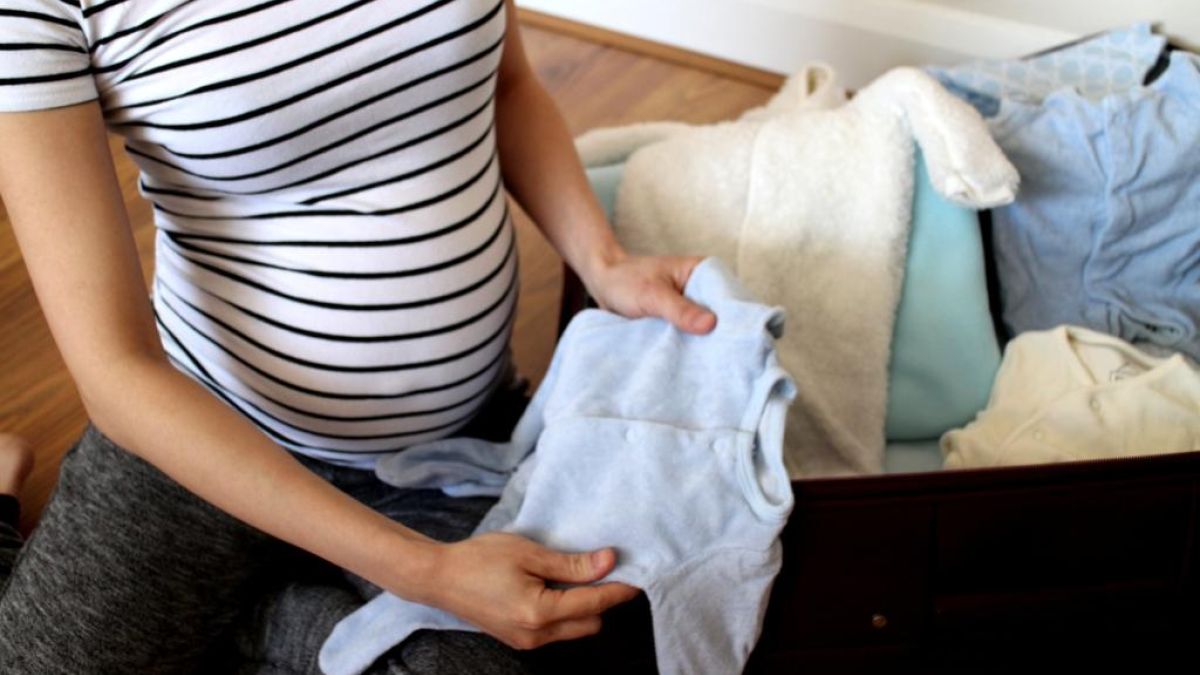Why choose Ochsner Health for your maternity and pregnancy care?
When you’re expanding your family, you want a team who makes the experience as special as possible, from prenatal care to delivery to follow-up care. Patients can depend on our care team, which may include obstetricians and certified nurse midwives, to provide expert care at our labor and delivery facilities in New Orleans, Kenner, West Bank, Baton Rouge, Lafayette, Lake Charles, Raceland, Morgan City, Shreveport, and Monroe, Louisiana.
Ochsner is the preferred destination for many maternity and pregnancy patients in Louisiana. Our birthing centers provide high-quality care to moms and babies in a welcoming environment, with access to pain management options and support services such as lactation consultants to assist with breastfeeding after delivery.
Many of our labor and delivery facilities are recognized for their commitment to high-quality maternity care.
- Several Ochsner locations have earned Birth Ready Designation and the Birth Ready + Designation from the Louisiana Department of Health and many have earned a Leapfrog Hospital Safety Grade of A.
- Ochsner Medical Center (inclusive of Ochsner Medical Center - West Bank Campus and Ochsner Baptist), Ochsner Medical Center - Kenner, Ochsner Lafayette General Medical Center, and Ochsner LSU Health Shreveport – St. Mary Medical Center all earned the High Performing in Maternity Care (Uncomplicated Pregnancy) rating from U.S. News & World Report. This is the highest rating award for maternity care, reserved for the top third of hospitals evaluated by U.S. News & World Report.
We strive to always provide our new moms and their families with the care they need every step of the way. Our Patient and Family Advisory Board, which includes patients and family members, is dedicated to helping our team meet that goal.





























